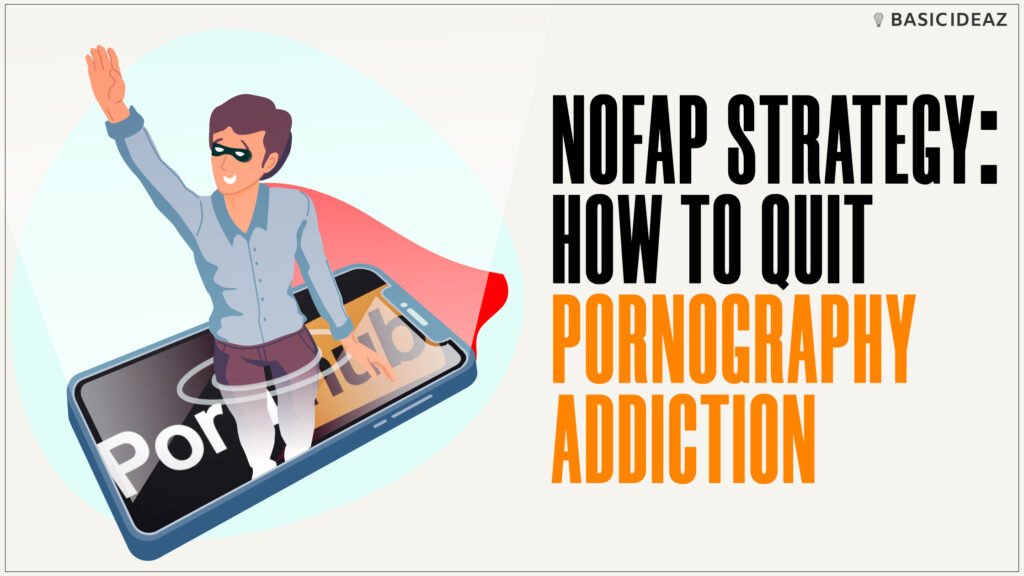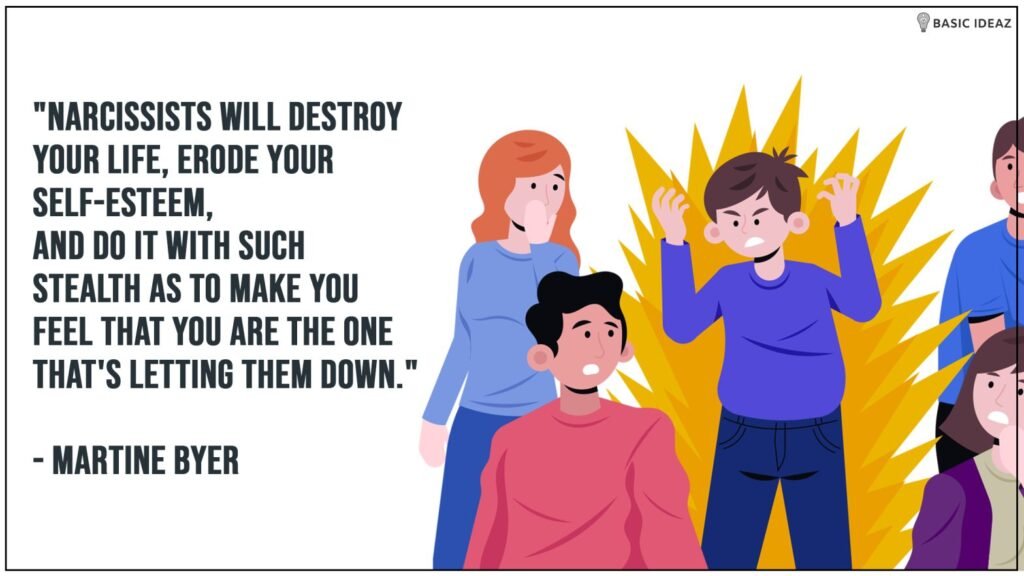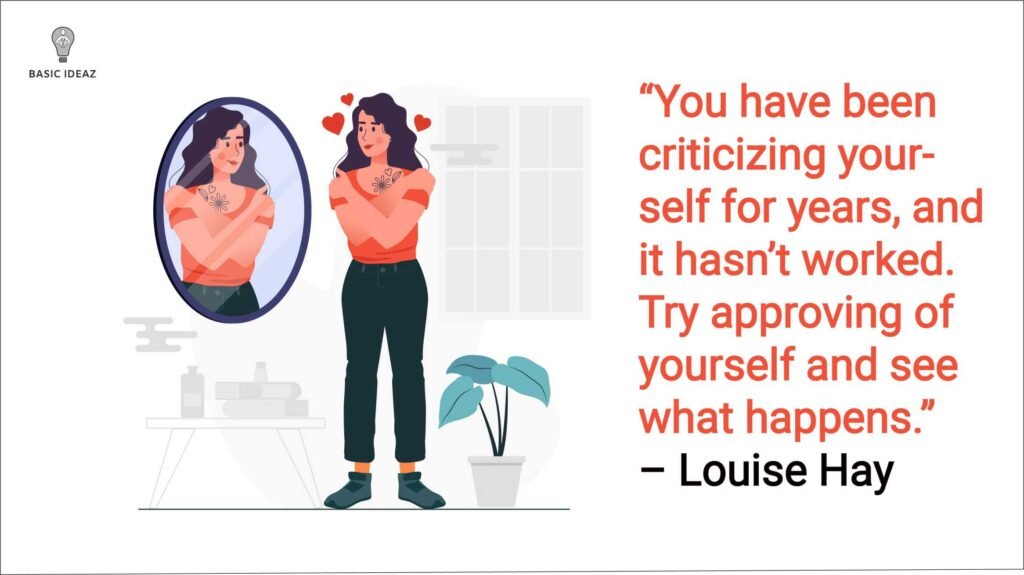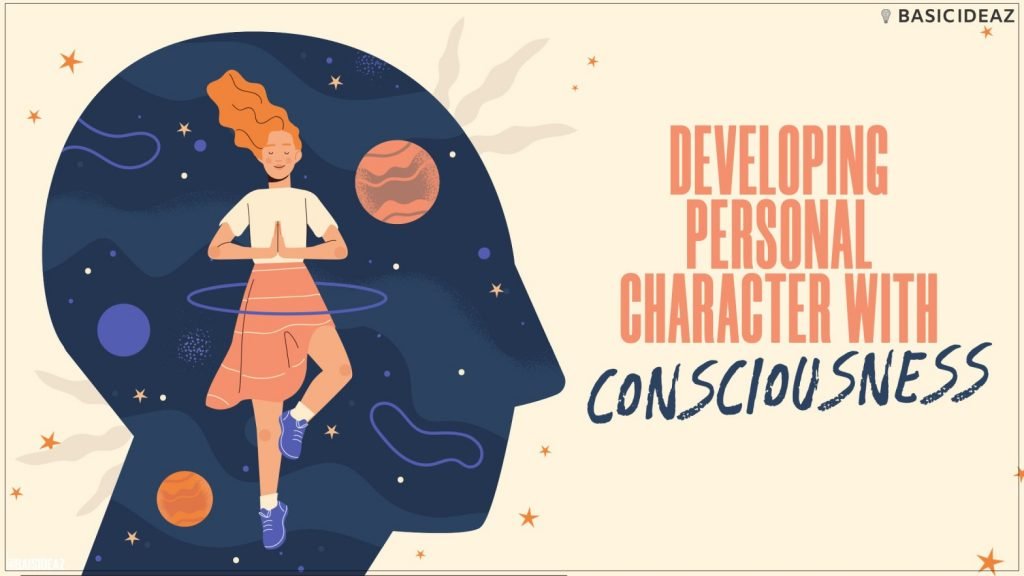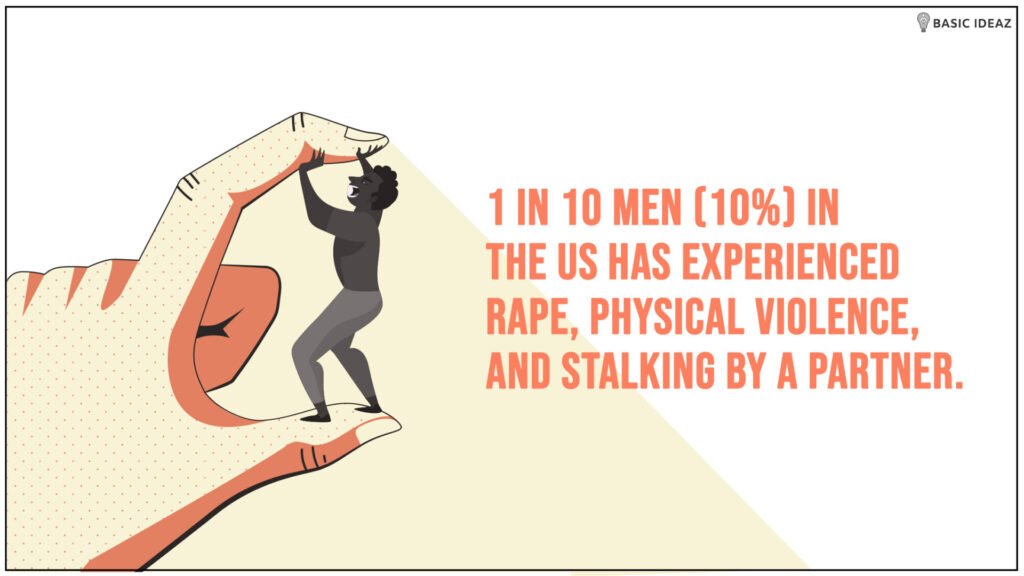How to develop emotional stability knowing that I am highly emotional?
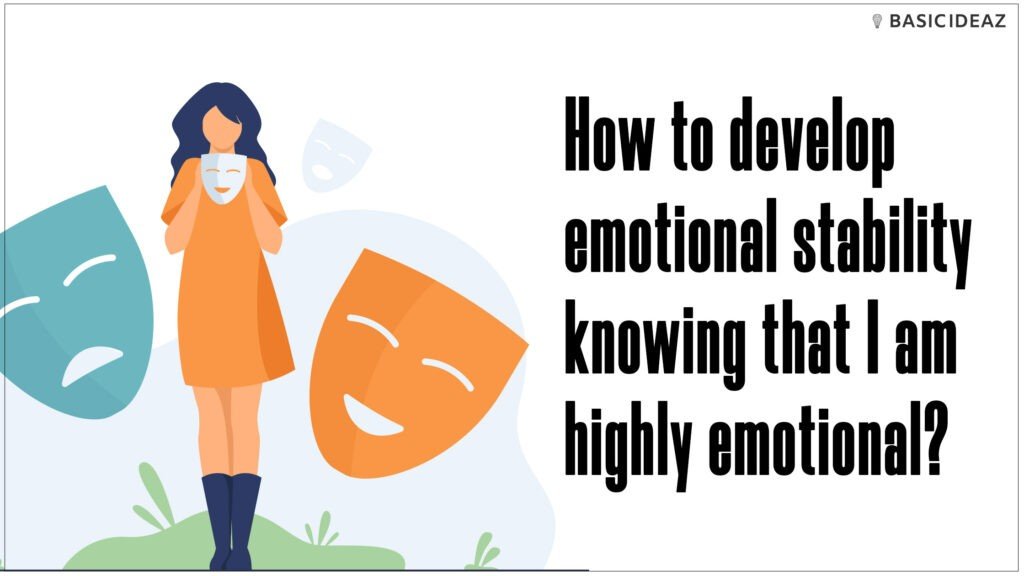
You will learn the following topics in this article.
What is emotional stability?
Emotional stability is the ability to remain stable and calm, especially during bad times.
According to Genefe Navilon mentioned in her blog, emotional stability is a life skill. We are not born with it; we cultivate it during our life experiences.
Moreover, emotional stability is also known as Neuroticism; one of the five personality traits of the Big Five personality theory.
Emotional stability is vital for a happy and successful life as your relationship, work or health depends on it.
An emotionally unstable person will have the following symptoms:
- Feeling of emptiness in life.
- Fear of abandonment.
- Strong irritation, anxiety, or depression that may last from a few hours to a few days.
- Unhealthy relationships.
- Intense anger issue.
- Short lasting detachment from reality.
- Live mostly on impulses.
- Suicidal thoughts.
The emotionally unstable person’s mood will be erratic; he will be irritated with a mild distraction like the mewing of a cat. His behaviour will be unpredictable. Most of all, these eventually leads a person to depression and suicidal thoughts.
Every year, globally, more than 264 million people of all ages suffer from depression.
Moreover, Close to 800 000 people die due to suicide every year, which is one person every 40 seconds.
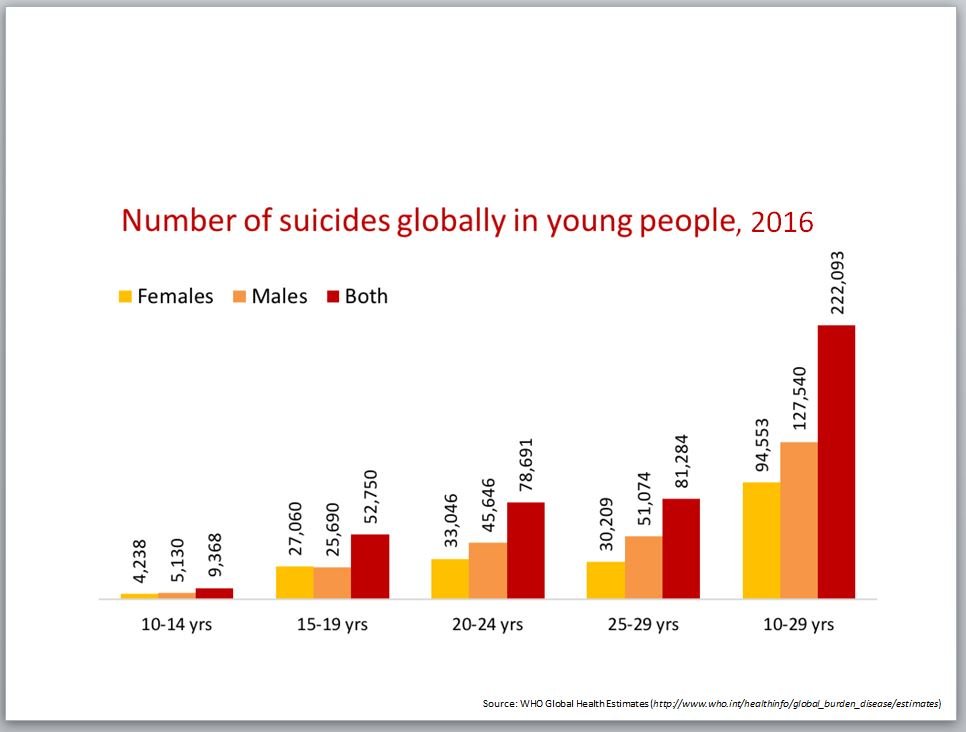

A critical trait of emotional stability is that it develops as a person gets older. According to the book personality development across the life span, 2017, edited by Jule Specht, emotional stability continues to increase during middle adulthood (30-40).
It means people who are below 30 have a higher tendency of committing suicide than people who are above.
Suicide is the number two reason for human death. The number one is road accidents.
Of course, because of these big numbers, we can say that emotional instability is a big issue.
The benefits of Emotional stability
Emotional stability is a must skill you should acquire to live a good life. If you develop emotional stability, it means you will remain productive no matter how many distractions come into your way.
You will handle adversities calmly and be able to think straight under challenging situations.
If you lose half a million on the next day in trading, instead of jumping from the roof, you will have the emotional stability to think and find solutions to your problem.
Moreover, you can tolerate negative people in life. There is no point in throwing stones on an iron wall. It is not going to break.
You will be in peace and calm, instead of the chaos circulating in the world or any emotional trauma that affects you.
Moreover, happiness is linked to emotional stability. According to Traci Pedersen, an experienced writer in psychcentral.com, a person’s sense of happiness and emotional balance seems to increase with age.
Yes, I mentioned that you increase emotionally stable as you grow, and because of this our happiness increases too.
An emotionally stable person will not get angry under challenging situations and jeopardize his work. An emotionally stable person will not fight with his spouse and create a hostile environment to his or her family or put the children in early emotional trauma.
An emotionally stable person will focus on solutions rather than the problem.
All the above qualities will lead to a better and happy life.
Now, the main question.

How to develop emotional stability in life?
To cultivate emotional stability will take time. It is not something you do one day, and the next morning you are emotionally stable as a boulder on the bed of a river.
To succeed in anything in life, you just have to remember the below line:
We are what we repeatedly do.
If your emotions are unstable because that is how you grew up unconsciously as you reacted whenever someone threw a stone on you. Also, you got depressed whenever your parents scolded you.
You got angry whenever your brother took the remote of the television and put his favorite channel.
Whatever you are today, whatever your thinking today is all because of the repetition of your life experience.
You did it unconsciously, or maybe because of wrong parenting, but now you can change yourself consciously because neuroscience has found that the human brain physically changes whenever we do something repeatedly.
New neural connections are built, and it changes us, changes our personality, our skills, our thoughts, and we also know that we can shrink bad connections by not repeating it.
With this information, let’s begin the ways to develop emotional stability.
1. Let it flow:
According to Nicole Gravenga, a PhD neuroscientist, “ Emotional instability is caused by a lifetime of trying to control your emotions. Controlling your emotions, tamping them down, or limiting yourself to short periods of expression, for years or decades causes emotions to back up. Humans require regular emotional hygiene, and if you haven’t been doing that kind of thing, then you are probably backed up emotionally.”
Don’t suppress your emotions inside you. It will continually build-up, and someday it will burst. Just acknowledge it and let it flow. Because nobody said, life will be fair when you step outside into the real world. Uncomfortable things happen, and it will keep happening in the future.
There may be thousands of problems in the outside world, and it will be there, till there is life, but you are not bothered by it. You are ok. You will keep moving.
This kind of mentality will be a start for your emotional stability.
2. Mindfulness
Rick Nauert PhD, an associate professor for Rocky Mountain University, mentioned in his blog that mindfulness helps in emotional stability. In his blog he mentioned, “ University of Utah researchers discovered individuals who describe themselves as being more mindful have more stable emotions and perceive themselves to have better control over their mood and behaviour throughout the day.
More mindful people also describe less cognitive and physiological activation before bedtime, suggesting that greater emotional stability during the day might even translate into better sleep.”
Mindfulness is being aware of your present and looks at the internal and external factors without judgment.
During mindfulness, whenever we stumble upon external or internal distractions, we just look into it from a third person and understand how the distraction makes us feel without any personal judgment or preconception.
Yes, the neighbours are shouting, and you are trying to focus on your work, how does that make you feel?
You are thinking, what disturbance feels like as you go to the root of it and try to understand it without any biased judgment.
When you are washing your cloth, you focus on washing your clothes. You are present at the moment. You notice the water running from the tap. You notice the foam or the sloshing sound the clothes are making. You are aware of your presence.
Of course, mindfulness comes with practice and to make sense of the above lines you need to experience it first. Mindful meditation is the best way to achieve mindfulness.
3. Focus on now.
I know you have 100 tasks to complete for the day. You are overwhelmed and stressed about how you are going to finish your work. But, thinking about the whole day or whole life will burden you with imaginary problems that you may or may not have.
You can plan for the whole day, but don’t commit to finishing all of your tasks in the day. Just focus on the next task for five minutes.
Remember, in the above; I mentioned we become what we do. It means that this mindset of not thinking about the future continuously will also develop with practice.
4. Right Parenting.
In a study recently published in the Journal of Moral Education, researchers led by Alexandra Davis, assistant professor in family and child studies at The University of New Mexico’s College of Education, found that having a caring and understanding mother affects the behaviour of their children.
The children represent empathy, provide selfless love to others, and which result in more excellent emotional stability.
Of course, you already grew up, and if your parenting was wrong, there is no way to go back.
But, you can make your children emotionally stable when you do the right parenting.
5. Illeism:
David Robson, a science writer, specializing in the extremes of the human brain, body, and behaviour, mentioned in his blog about illeism. It basically means speaking with yourself in the third person.
For example, if you have an emotional imbalance because of a fight with a friend, you can say to yourself like, “He is feeling bad because…”
The idea behind this is the change of perspective. A small shift of perspective will reduce the intense emotion you are feeling because of the fight.
Just, try to talk to yourself when you are alone or silently when you are in public because talking to oneself will be questioned as mental instability by others.
On the other hand, if you are not bothered by others’ opinions, then you will be okay with this technique.
Conclusion
I had a disturbed mind. I am a fiction horror writer by passion, but due to the disturbance of the neighbours and others, I wasn’t able to concentrate on my work for a long time.
I missed days and that summed up to months—this created frustration and depression for not being able to do what I wanted to do. I depended on external factors to continue my work.
Over time, I realized things will not be perfect, and no matter where I go, there will be some problems in life. That is how life is.
I couldn’t change myself with just wisdom, and I knew improving oneself is the most challenging task in the world, and it takes time.
So, I started mindfulness meditation. I started reading books and blogs about mediation, and the more I practised, the more I found emotional balance in me.
The neighbours are still making noise while I am writing this blog, but… guess what? I don’t care.
Good Luck.
Get Quality Self Improvement Articles Every Week, No Spam, No Ads.
Thank you!
You are added to the community of Basicideaz.
